Your Clinic
SET A LOCATION
Your Clinic
SET A LOCATION
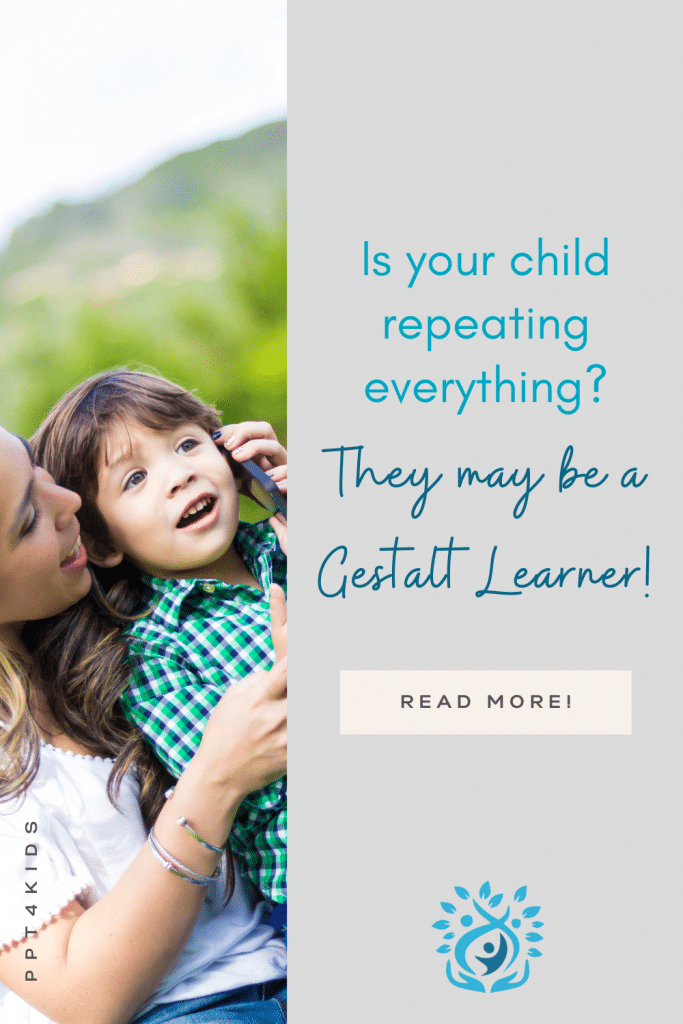
Echolalia is the immediate or delayed repetition of language
Scripting is the repetition of words, phrases, or sounds from other people’s speech – sometimes from movies/tv shows.
Gestalt language processors are children who process early language in “strings of sounds” or “chunks,” rather than processing single words. Though this can be common with Autistic children, many people acquire knowledge this way. Think about how you may have learned phrases when learning a new language before you began to understand what each word meant to use those words in new utterances.
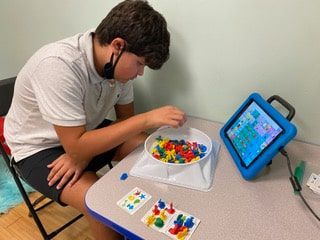
This video shows Mathews – a verbal AAC user who has difficulty using spontaneous language. His speech-generating device is typically utilized for others to model language, to prompt him to use language, and to decrease immediate echolalia.
In this video, you can see Matthews beginning to use phrases more spontaneously and beginning to alter the phrases he’s learned for the appropriate scenario:
Mathews is in Stage 2 and is using mitigated echolalia. He is learning how to “mix and match” phrases he has been modeled or has already learned and is on his way to using more spontaneous language and self-generated grammar.
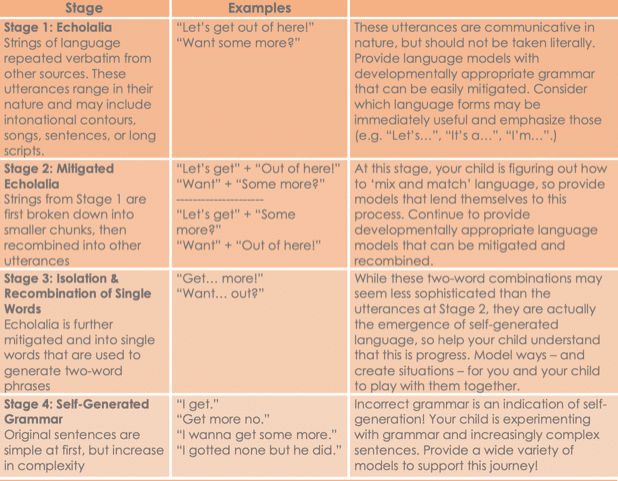
Looking for a visual, hands-on tool to support your child's language development at home? We recommend the Stages Learning Materials Language Builder Picture Cards. These cards are great for helping children build comprehension, sequencing skills, and meaningful connections between actions and phrases.
The post
Is Your Child Repeating Everything? They Are Probably a Gestalt Language Processor! appeared first on
PPT4Kids
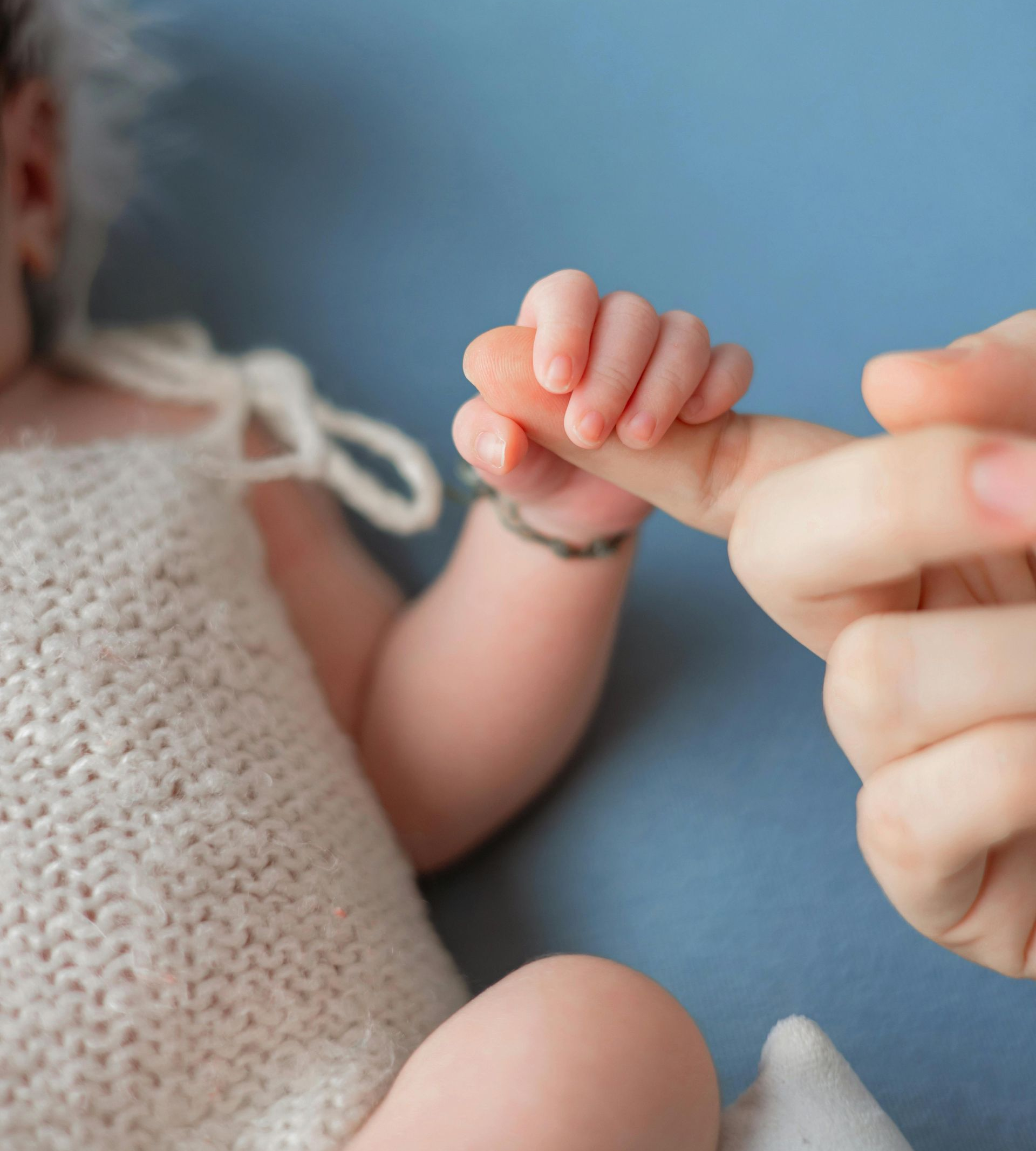

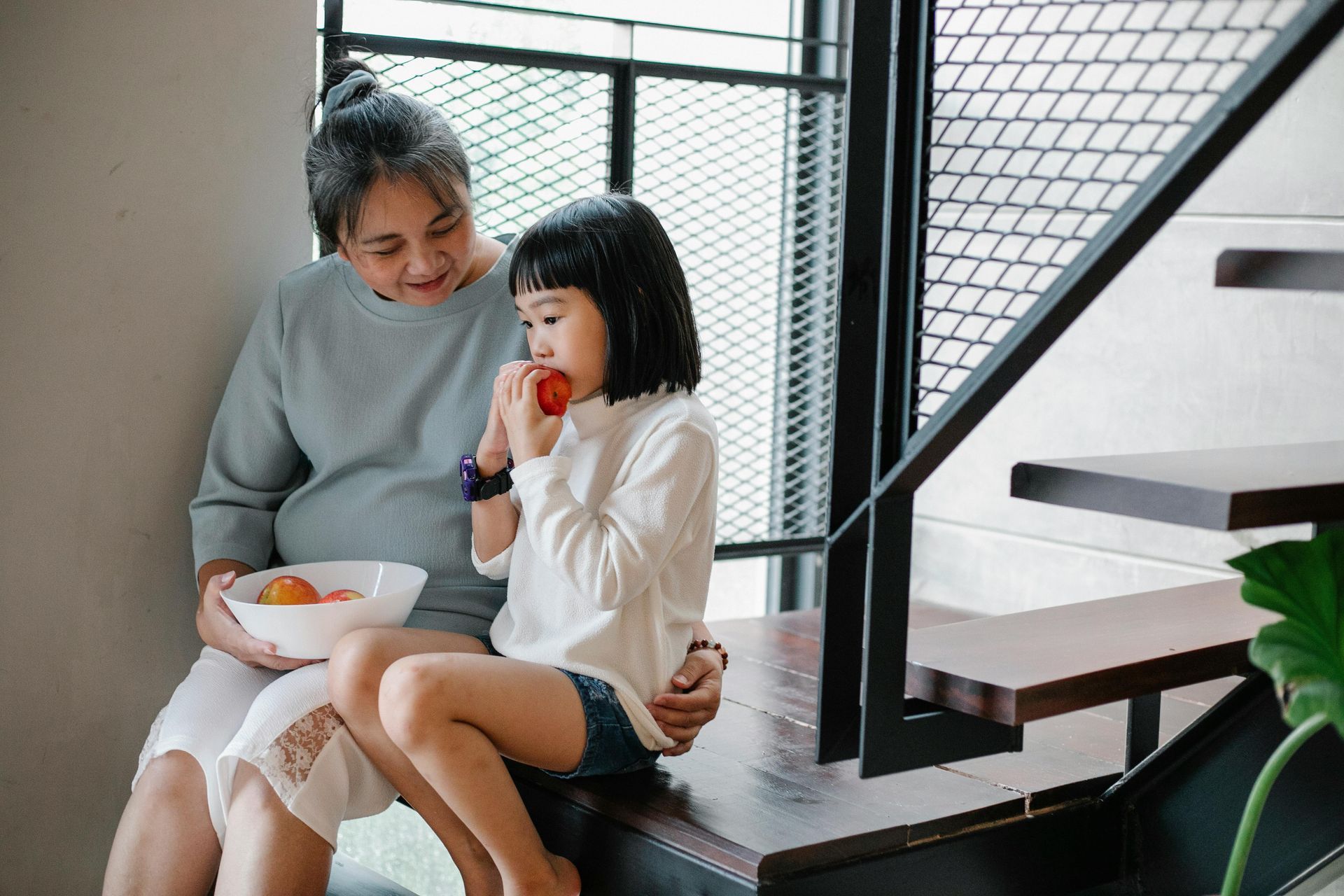
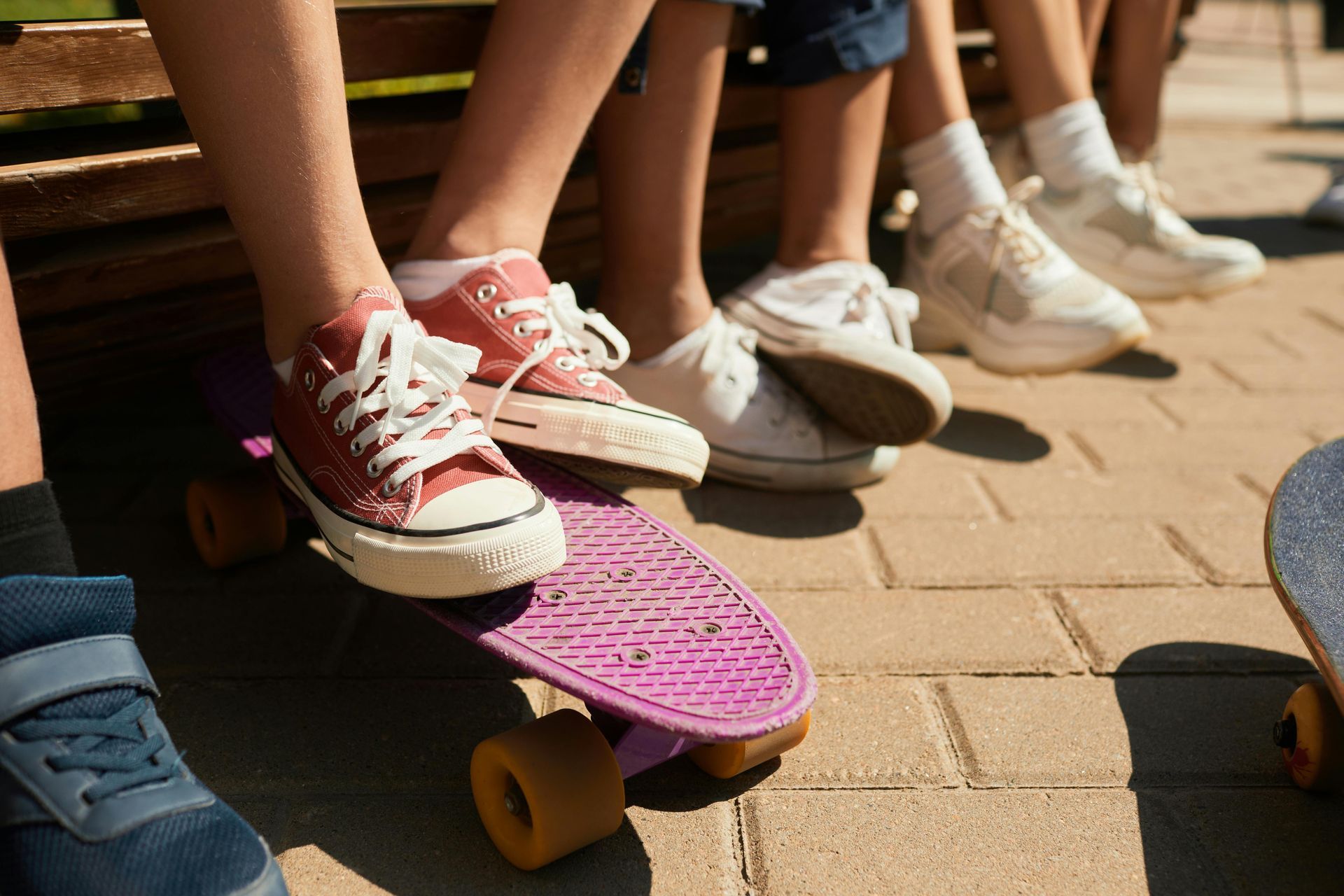
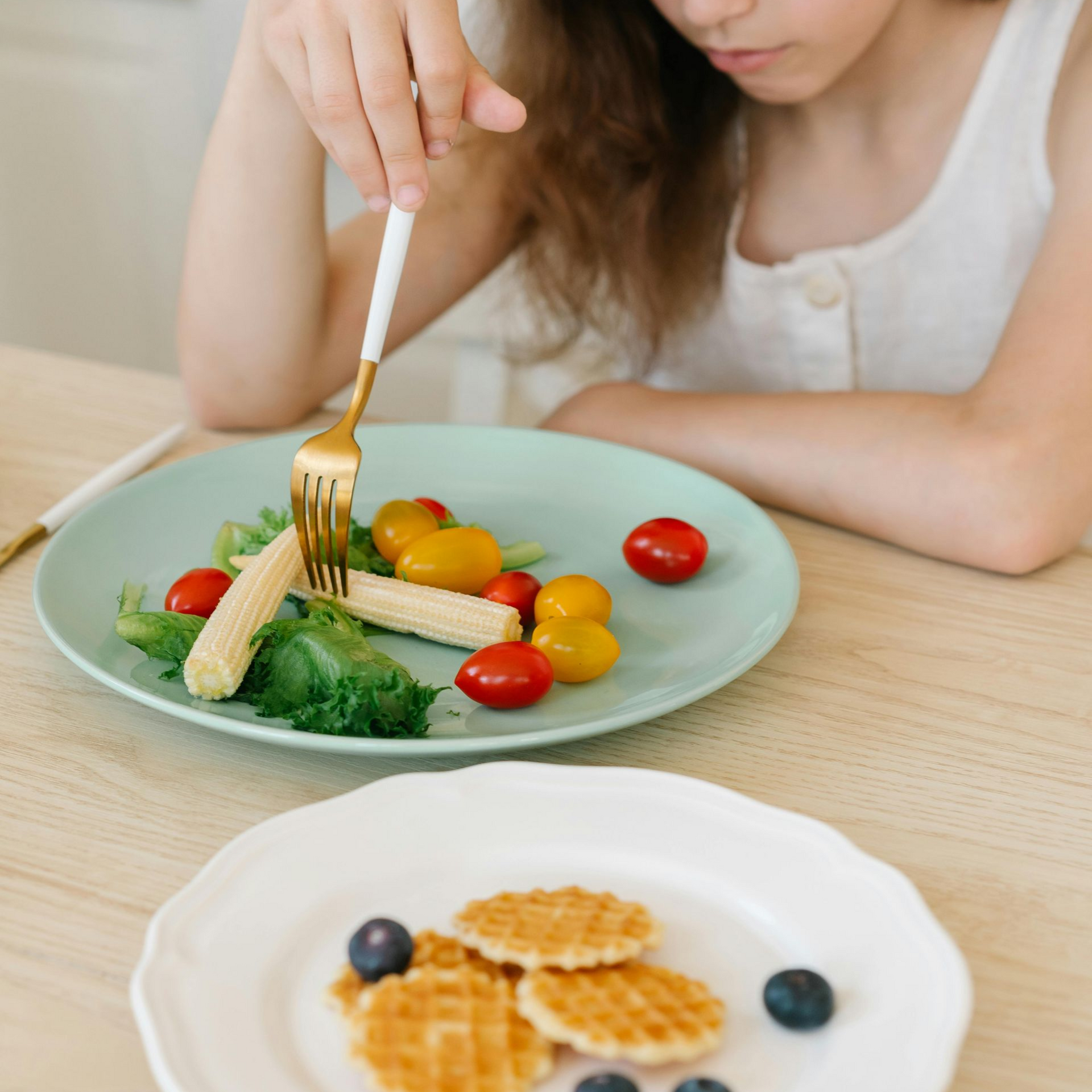

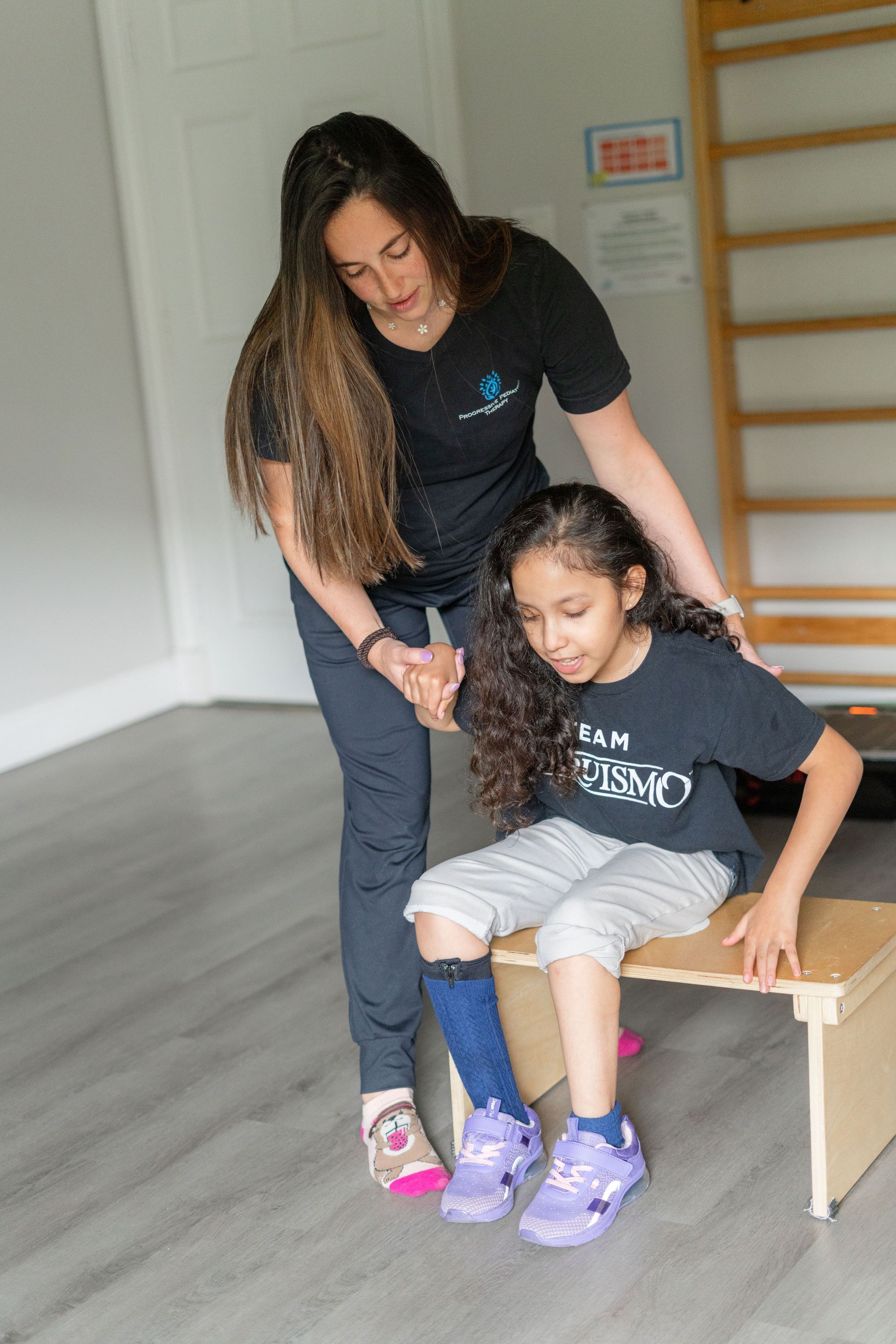
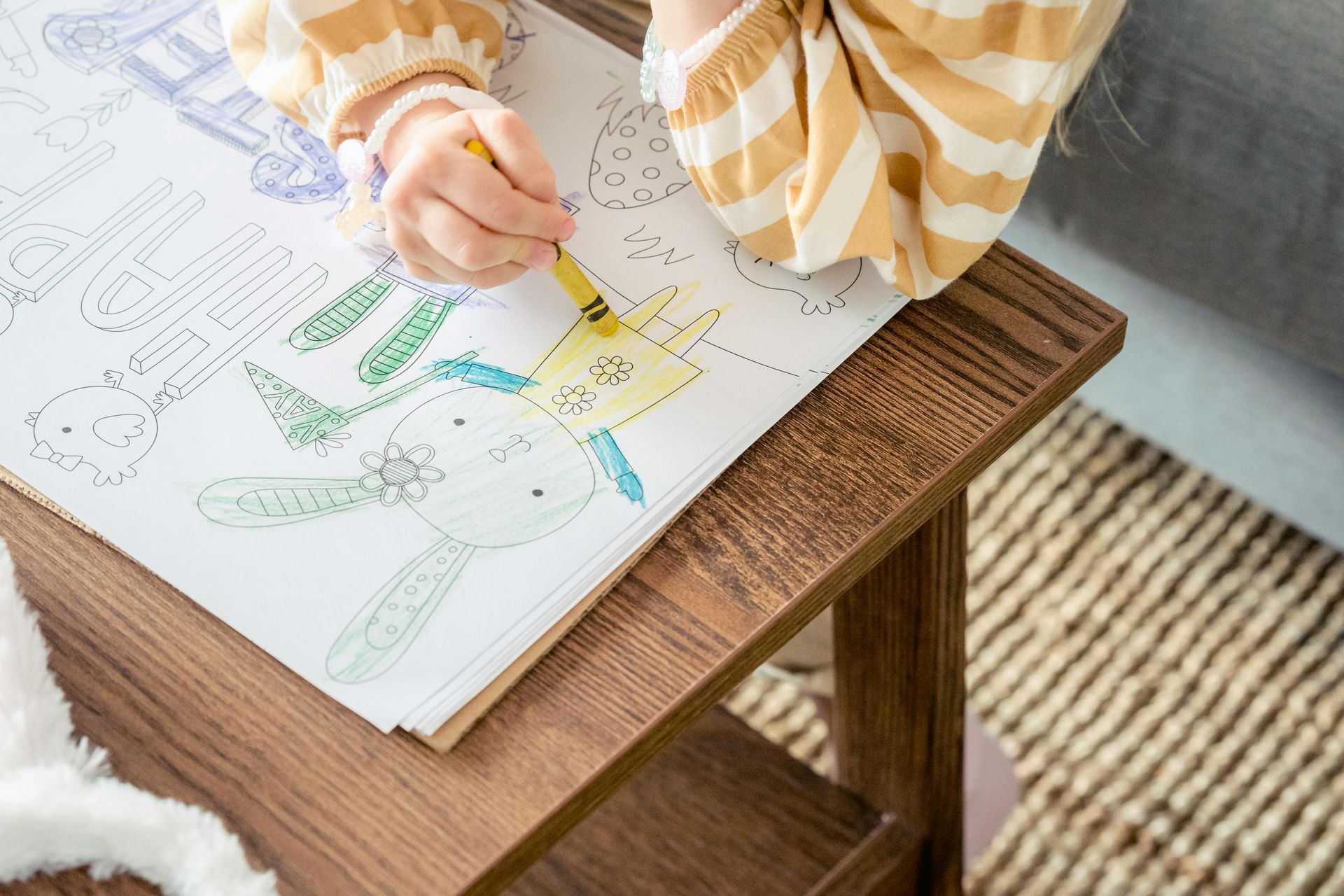
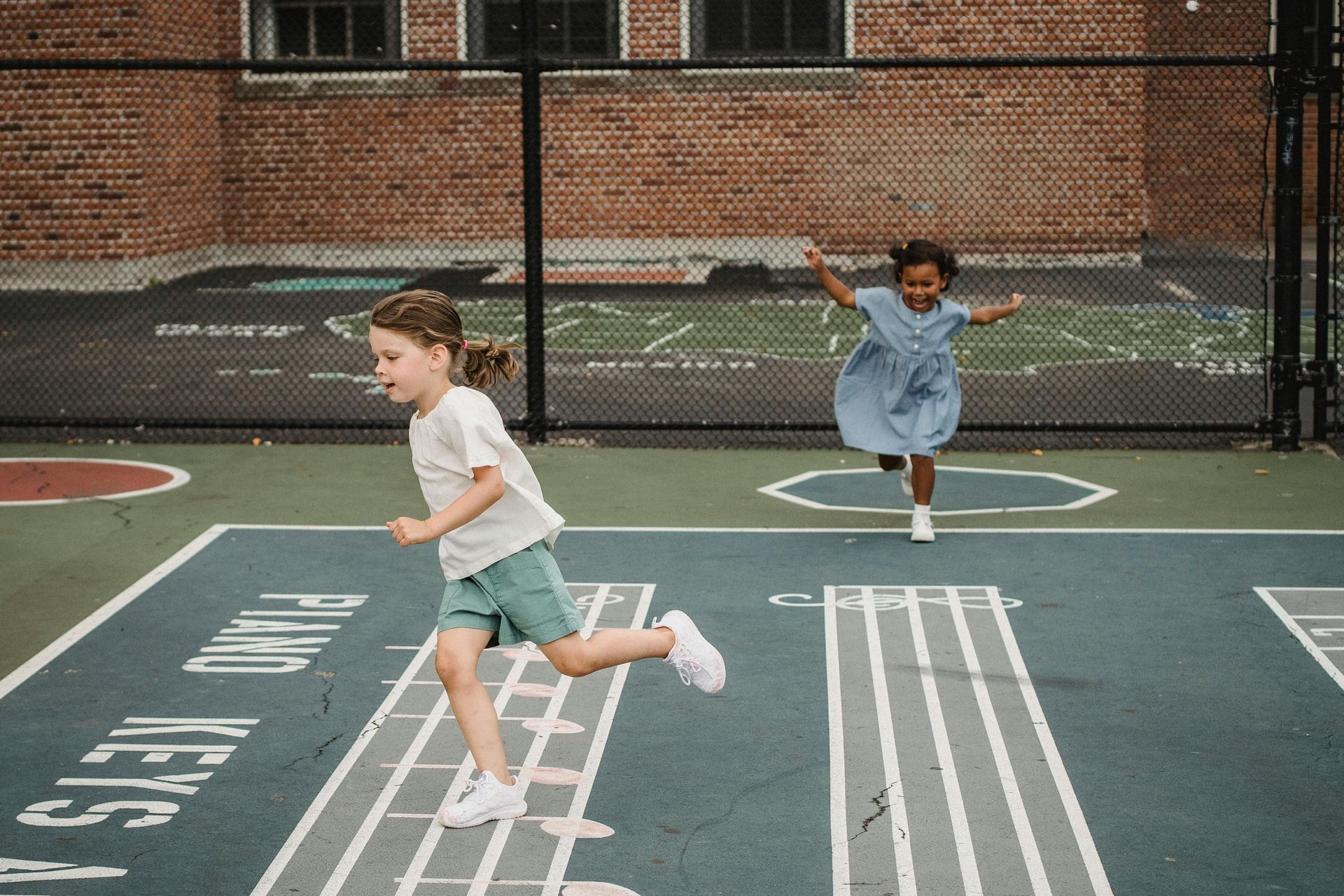
We empower children, families, and the community to learn, grow, and celebrate every child's unique abilities.
Quick Links
Contact Details
Phone: 561-376-2573 | 561-918-0190
Fax: 561-218-4939
VIP Concierge: 561-717-1764
Clinic Locations
All Rights Reserved | Progressive Pediatric Therapy, Inc. | Privacy Policy | Terms of Service
Site by Spearlance